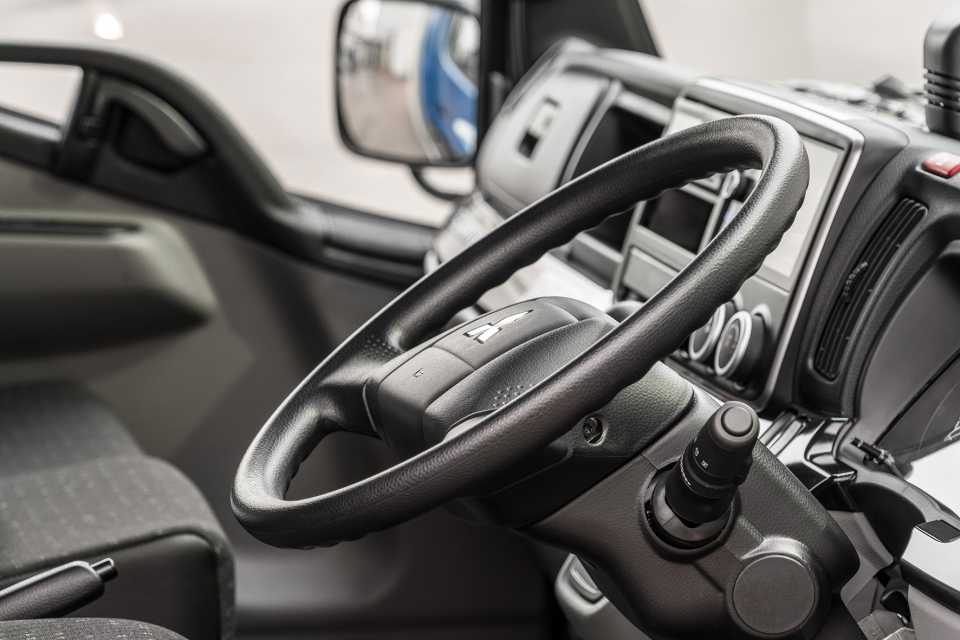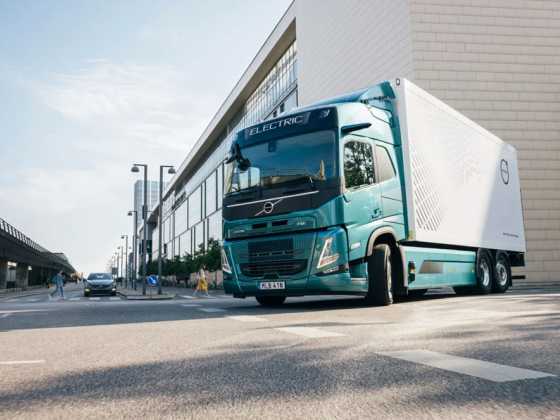Three-year project to address challenges of switching to commercial EVs

A large-scale trial of commercial electric vehicles (EVs) has been given the green light by UK energy regulator Ofgem. The three-year project will come up with practical ways of overcoming challenges of switching to electric commercial vehicles, such as upfront costs and charging times.
Led by global data technology solutions provider Hitachi Vantara and electricity distributor UK Power Networks, the Optimise Prime trial will see up to 3,000 electric vehicles from Centrica, Uber and a large UK depot-based parcel carrier take to the road, supported by distributor Scottish and Southern Electricity Networks, Hitachi Europe and Hitachi Capital Vehicle Solutions.
The project will deliver an end-to-end overview of what the switch to EVs means for the cables and substations that deliver electricity to the community, for the businesses that need to invest in new infrastructure, and for the end users that need to power their vehicles. It is intentionally vehicle agnostic and includes depot, home, and on-the-road charging scenarios.
Using large, real-life datasets and Internet of Things technologies, the project will create a detailed picture of the demands of electric fleet and private hire vehicles. This will make it possible to develop solutions that cut the cost of owning and running electric vehicles, such as charging EVs outside the electricity network’s peak times.
Electric vehicle technology has now reached a maturity where the vehicles themselves are ready for day-to-day and long-distance commercial use. However, moving the energy source for transport from combustion engines is not something the electricity grid was designed for, whether charging happens in concentrated locations — such as depots — or is widespread at employees’ homes or in public places.
The UK’s big commercial vehicle operators must overcome several obstacles before they adopt electric vehicles on a large scale – all the way from the up-front capital hurdle to managing charging times.
Network operators, meanwhile, need to get a better understanding of the impact of commercial EVs on the country’s electricity grid. They are also looking to understand whether these vehicles can support the electricity network and help keep costs low for customers by discharging during peak times and recharging off-peak.
The project will launch early 2019. Following a programme design and build phase, the first Optimise Prime vehicles will be on the road during the second half of 2019. The test area will include a range of urban, suburban and rural scenarios across the South East, South Central and East of England.
To help the wider industry prepare, the largest cross-industry datasets on commercial EV charging and use will be shared openly.
£18 million will be funded through partner contributions, and an additional £16.6 million will come from Ofgem via its Network Innovation Competition. Ofgem’s funding will deliver total savings of more than £200 million – equivalent to 12 times the funded amount – in benefits to UK electricity customers.



